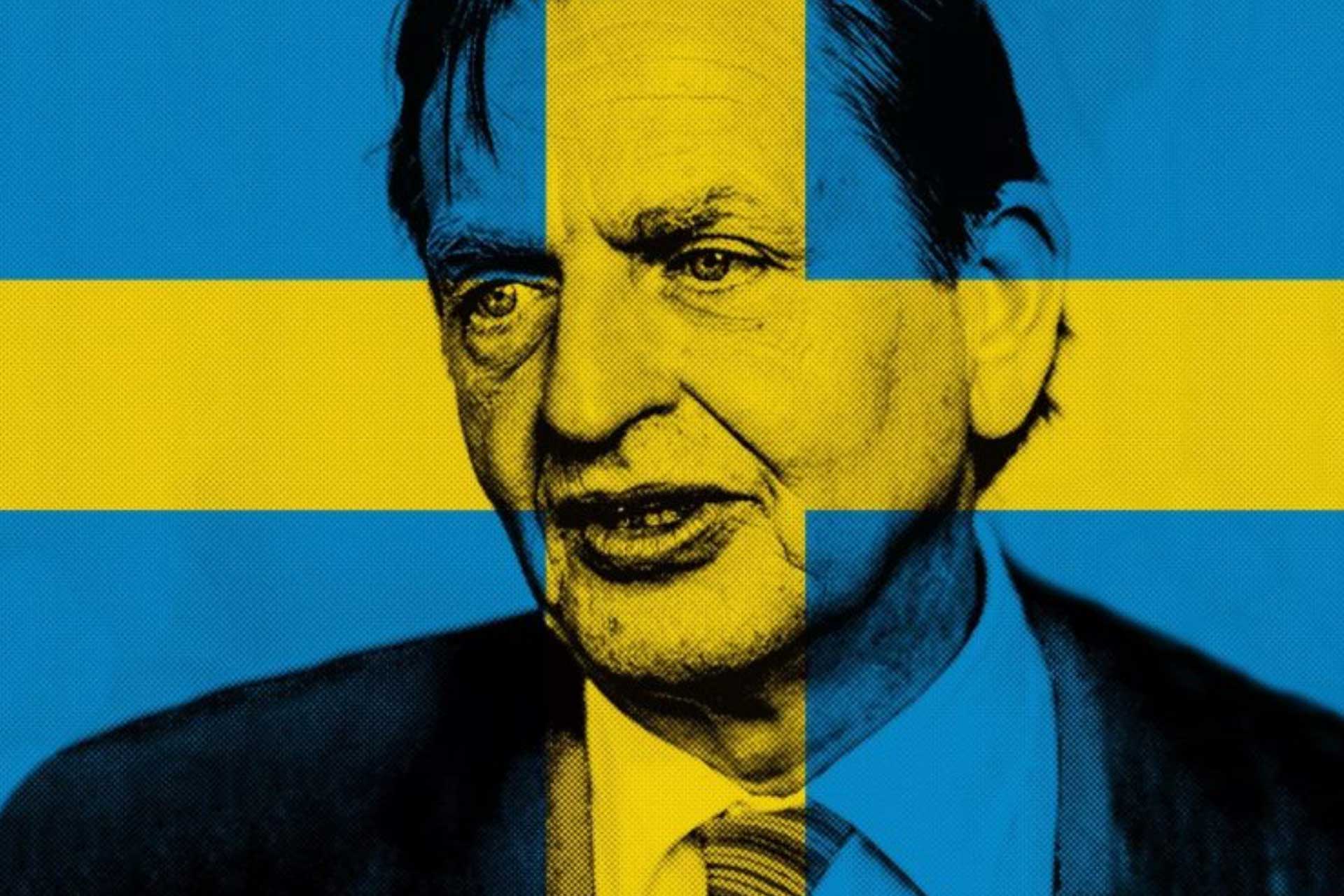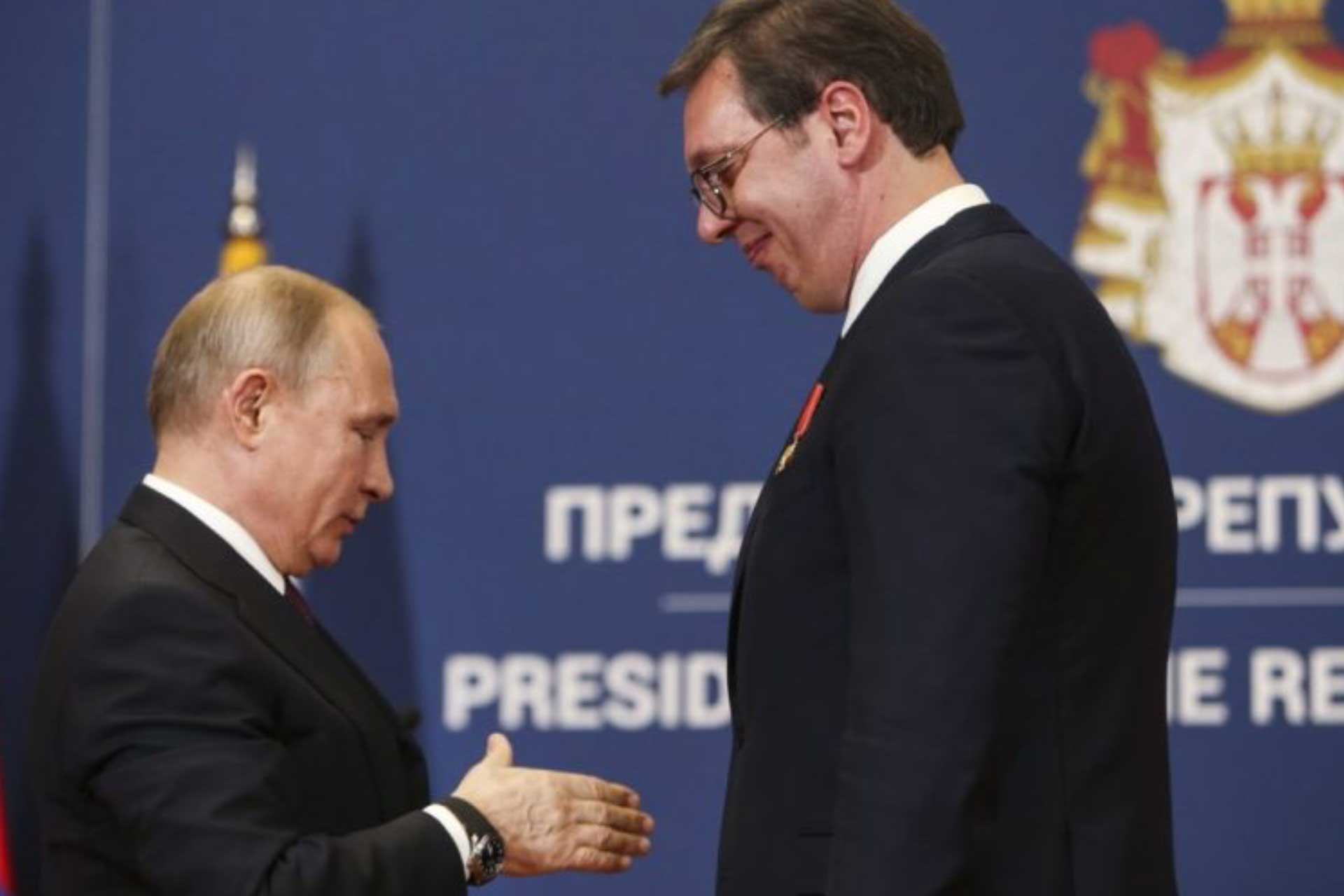Election Day Approaches in Taiwan
Taiwan will hold by-elections later this month to elect local-level leaders such as mayors and city councilors. Since Nancy Pelosi’s visit in August, the highest-level US government official visit in 25 years, bilateral bi-coastal relations have deteriorated and are at their lowest point in 40 years. But is the growing threat from China a decisive factor for voters to choose their ideal candidate?
After China’s 20th Party Congress, President Xi Jinping emphasized the importance of Taiwan’s reunification. Xi is set to break a tradition that no Chinese leader has ever been elected for a third term, except China’s founding father Mao Zedong. He must therefore develop his own “historical position” within his party. This is especially true when the Chinese government sees the reunification of Taiwan as a “historic task” to be solved.
This is the November 26th by-election for President Tsai-Ing-Wen’s second term in Taiwan. A total of 6 special municipalities, 3 provincial cities and 14 city-controlled cities will be elected to serve for the next 4 years. The Democratic Progressive Party (DPP) and the Nationalist Party (KMT) are trying to win and gain the support of voters. The Taiwan People’s Party (TPP) is also fielding its own candidates in many cities to “end the two-party game.”
The focus of this election is on two cities, Taipei and Taoyuan. As usual, the DPP is using Taiwan identity as its main election strategy. “Taiwan belongs to Taiwanese,” President Tsai said in her public speech, and denounced candidates from other parties for “not being Taiwanese enough.”
Surprisingly, emphasizing the “threat from China” did not have a significant impact on the DPP’s election. According to the latest opinion polls conducted by QuickSeeK, an AI-based public opinion database published on November 14 (Taipei Times), the DPP candidate came out leading in only 3 out of 6 special municipalities (Taoyuan, Tainan and Kaohsiung). However, if we exclude the cities where the KMT has not been in office for more than 20 years (Kaohsiung and Tainan), the DPP only led by 0.8% in Taoyuan, with a margin of error of 2.3%. Moreover, if we compare the other five local media in Taiwan, only one predicted that the DPP candidate would win the election.

For the Taipei elections, Wayne Chiang, grandson of former President Chiang Kai-shek, is running from the KMT against former Health Minister Chen Shih-Chung (DPP) and current Vice Mayor Vivian Huang (supported by the TPP). In 2020 and the first half of 2021, Chen received over 80% of approval ratings, showing the public’s respect for his performance in defeating Covid-19. Huang has served as a member of the Taipei City Council for over 21 years and has also served as deputy mayor for four years, showing that he is a widely recognized talent in solving the Covid epidemic in Taipei.
The opinion polls for the three candidates are very close. But in most of the opinion polls, KMT candidates led in voter intent. During this local election, China-related issues are often discussed only in Taipei. The Shanghai-Taipei City Forum has become a major topic of discussion in this election. In Chen’s view, there have been no obvious results for the Shanghai-Taipei forum for the past few years, so when he became mayor, he proposed not to hold the forum. Huang proposes three principles for organizing the forum: peace, economic prosperity and people first. Chiang’s goals include maintaining smooth interactions with the international community and all cities. In fact, the mayor of Taipei has always been expected to respond to mutual bi-coastal issues. Since the first direct presidential election in 1996, two of the four mayors who resigned have been elected president. As a result, being elected as mayor of Taipei has long been seen as a stepping stone to running for president. Like the current mayor, Ko Wen-je, he claims he has a good chance of running for president in 2024.
At the start of this election, academic integrity has become a widely debated issue. Starting with Hsinchu mayor Lin Chu-chien, who is the DPP Taoyuan mayoral candidate. He was found to have plagiarized his master’s thesis by National Taiwan University and Chunghwa University, resulting in its cancellation. Lin withdrew from the Taoyuan election and promised to defend his “innocence.” TPP Hsinchu candidate Ann Kao was also accused of plagiarizing her doctoral thesis. There are seven other candidates in this election who have been accused of failing to cite sources correctly or other problems with academic integrity.
Although some analysts believe that China will reunify Taiwan in the next few years, but based on the voting trend two weeks before the election, it seems that the “Chinese threat” is not a matter of concern. The KMT’s image has long been that of a “China-friendly” party in Taiwan. They claim that “talk is more important than war” and have expressed dissatisfaction that Tsai’s administration is pushing Taiwan towards danger. The DPP claims to be Taiwan’s “local” party and is more concerned with Taiwan’s independence and sovereignty. The KMT’s “pro-China” position was not seen negatively in this election. On the contrary, the DPP is expected to win more cities.
Both parties are expected to win two special municipalities. In Taiwan, the southern special municipalities tend to lean towards the DPP (Kaohsiung and Tainan). In two special municipalities (Taichung and New Taipei City), the KMT has incumbency advantages. If the KMT takes four of the six special municipalities in the November elections, it would indicate that Tsai’s use of the by-election and China’s threat as an electoral strategy did not work. In contrast, if the DPP wins Taipei and Taoyuan, the signal of the threat from China will be a major concern for Taiwanese in every election.
Therefore, if the KMT wins most of the special municipalities in this election, it is fair to say that the by-elections in Taiwan are primarily driven by domestic rather than international issues. Although DPP candidates always try to make the election about “Taiwanese versus Chinese” and use Taiwanese identity to win majority support, however, it seems that voters are still more interested in the candidate’s charisma and policies at the local level.
Wen-Yu Hung
Graduate student-Boston University Pardee School of Global Studies




Comments